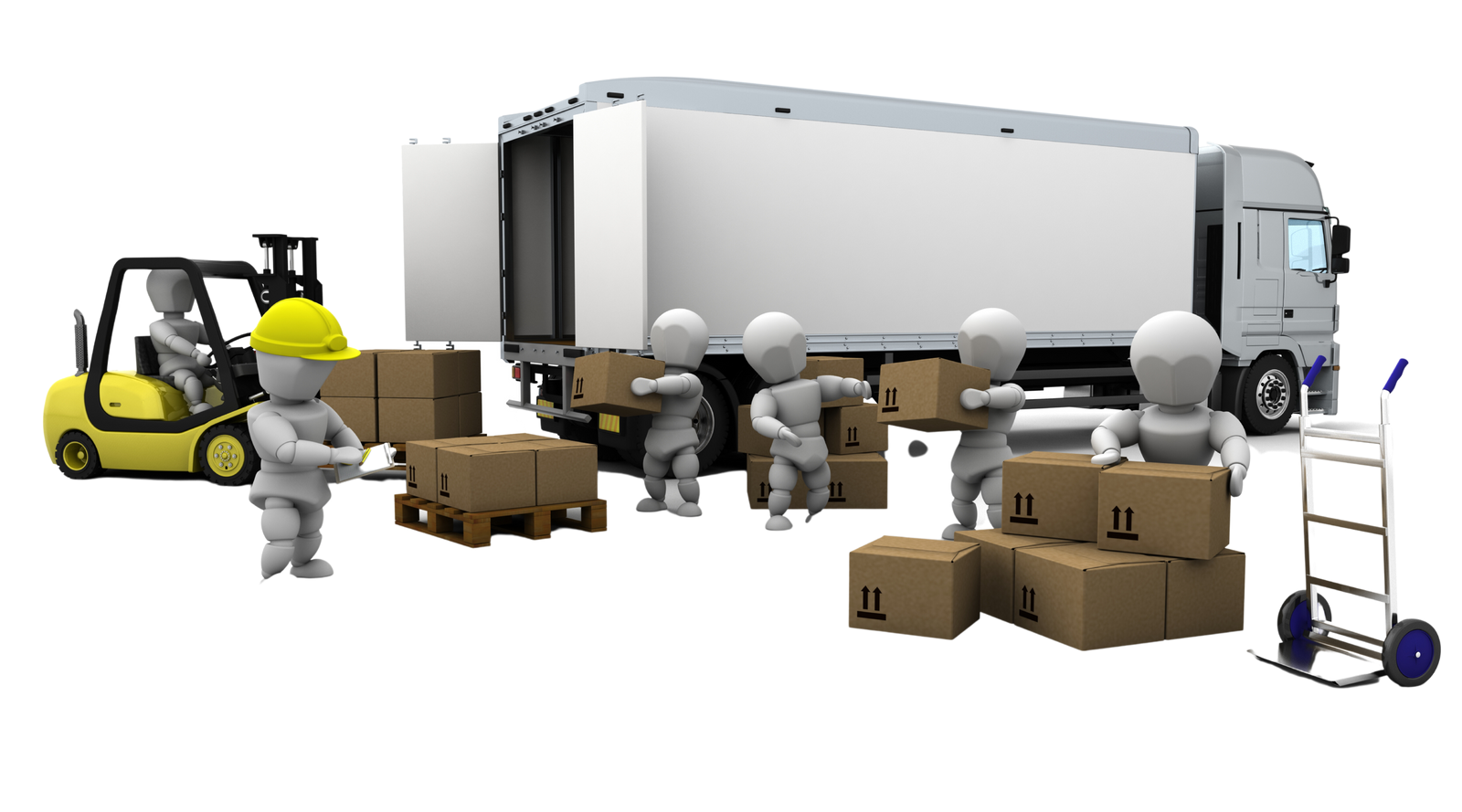ERP software for Trading and Distribution
ERP software enables wholesale, Retail & distributors to optimize processes, drive operational efficiencies and harness data to make better decisions across sales, warehousing, inventory and more.
Trading & Distribution businesses must be backed up by the right combination of tools and systems at source, as well as timely delivery of products to customers. To compete, they must adapt to new developments and strategies in the market and remain dedicated to delivering product excellence. Sales teams must also establish effective sales strategies to hit their goals and continue on the growth road. ERP software is essential for successful trading and distribution businesses.


Features to Look for in ERP for Distributors
Trading and distribution ERP systems are designed to help businesses manage their sales, inventory, and logistics operations. These systems offer a range of features to help companies streamline their operations, reduce costs, and improve efficiency.
A profitable Trading & Distribution sector must be backed up by the right combination of tools and systems at source, as well as by the timely delivery of products to customers. Nowadays the trading industries are facing great competition. To compete, they need to adapt to new developments and strategies in the market and remain dedicated to delivering product excellence.
Here are some of key features to look for in a trading and distribution ERP system:
Sales Order Management
Modern ERP systems for distributors use sales order management features to automate order processing, sales analysis, and sales channels management. This is done by pulling in customer data from omnichannel ordering tools such as POS software.
-
Sales quotation & order processing
-
Sales order promising
-
Sales order inquiry
-
Sales order reporting
-
Shipping management
-
Return management
-
Document management
-
Self-service for vendor
-
Self-service for customer
-
Customer pricing structures
Warehouse Management
ERP with a warehouse management system manages order fulfillment and processing, allowing for more accurate inventory information. This helps automate picking, packing, shipping, and putaway processes. Look for ERPs that provide these warehouse management features:
-
Slotting optimization
-
Picking procedures
-
Demand correlation
-
Pick-to-light optimization
-
Shipping management
-
Kitting functions
-
Tagging functions (barcodes & RFID)
-
Wave and load planning
-
Container packing
-
Multiple warehousing
-
Off-site equipment
-
Outbound processing
Inventory Management
ERP systems for trading and distribution provide a range of features for inventory management, which are essential for businesses that deal with large volumes of goods and materials. Some of the key inventory management features in these systems include:
-
Inventory tracking
-
Barcode scanning
-
Multiple warehouse management
-
Reorder point management
-
Purchase order management
-
Stock transfer management
-
Lot and batch tracking
-
Inventory valuation
-
Stock take management
-
Inventory reporting
-
Stock ageing analysis
-
Non moving item analysis
Procurement Management
Procurement involves every activity involved in obtaining the goods and services a company needs to support its daily operations, including sourcing, negotiating terms, purchasing items, receiving and inspecting goods as necessary and keeping records of all the steps in the process. Look for ERPs that provide these Procurement management features:
-
Purchase Order Management
-
Supplier Management
-
Requisition Management
-
Inventory Management
-
Cost Management
-
Approval Workflow
-
Contract Management
-
Supplier Performance Management
-
Supplier Self-Service Portal
-
Integration with Account & Finance
-
Inbound quotation comparison
-
Integration with Manufacturing Plan
eCommerce for Distributors
E-commerce for distribution industries involves the buying and selling of goods and services online, as well as managing the related operations such as inventory management, order fulfillment, and customer service. An e-commerce distribution ERP software provides businesses with the tools they need to manage their e-commerce operations efficiently. Here are some common features of e-commerce distribution ERP software:
-
Order Management
-
Inventory Management
-
Customer Management
-
Shipping and Fulfillment
-
Drop shipping management
-
Payment Processing
-
Sales and Marketing
-
Analytics and Reporting
-
Mobile Access
-
Integration with other applications
-
Integration with payment gateway
-
Security and Compliance
Logistics and Shipping Management
Logistics and shipping management in trading and distribution businesses involves managing the movement of goods from the point of origin to the point of consumption. This includes planning, coordinating, and optimizing the transportation and storage of goods, as well as managing related operations such as warehousing, inventory management, and order fulfillment.
Here are some common features that need to be managed by ERP software in logistics and shipping for a trading and distribution company:
-
Carrier Management
-
Route Optimization
-
Freight Management
-
Shipping Labels & Documentation
-
Shipping rule for different locations
-
Shipment Tracking
-
Returns Management
-
Carrier Performance Metrics
-
Compliance Management
-
Warehouse Management
Integrated Inventory System with Finance
An integrated inventory system with finance in trading and distribution business involves managing inventory levels and associated financial transactions in a single system.
This integration allows for better visibility and control over inventory costs, reducing the risk of overstocking or stockouts. Here are some common features that need to be managed in an integrated inventory system with finance in a trading and distribution company:
-
Real-Time Inventory Tracking
-
Accurate Inventory Valuation
-
Purchase Order Management
-
Sales Order Management
-
Warehouse Management
-
Reorder Point Management
-
Cost of Goods Sold (COGS) Analysis
-
Financial Reporting
Customer Relationship Management(CRM)
CRM (Customer Relationship Management) is a crucial aspect of any business, including trading and distribution companies. The goal of a CRM system is to manage customer interactions and data throughout the customer lifecycle to improve customer relationships, enhance customer satisfaction, and ultimately drive sales growth.
For a trading and distribution company, an ERP system with integrated CRM functionality can help manage the complexities of supply chain management, inventory control, and customer service. Here are some features that an ERP system should include for a trading and distribution company:
-
Sales pipeline Management
-
Order Management
-
Product Management
-
Support Ticket Management
-
Logistics Management
-
Lead Management
-
Customer self online portal
-
Reporting and Analytics